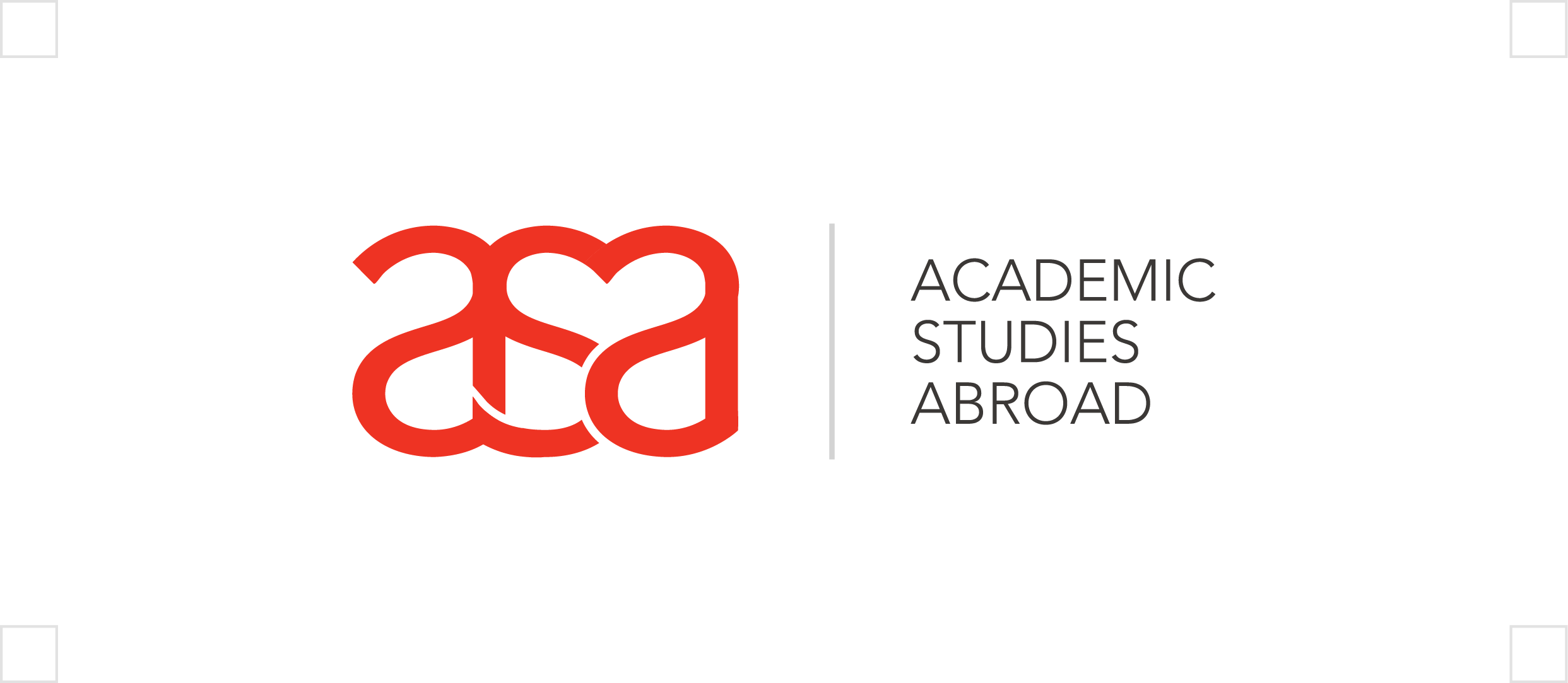Academics Abroad: Studying at Florence University of the Arts
Words and photos by Maddie Firmin who is studying abroad in Florence during Spring semester 2022.
Traveling and personal experiences are all an important part of studying abroad, however the “study” aspect of “study abroad” should not be overlooked. Studying abroad can help enhance professional development and provide new skills, perspectives, and experiences that will stay with you throughout your future career.
An Overview of Academics at Florence University of the Arts
Through ASA’s Florence program, you will be attending Florence University of the Arts (FUA). Classes are offered in many disciplines such as marketing, business, cooking/baking, arts, health, nutrition, fitness, humanities, Italian culture, language, and more.
This university takes an experiential learning approach, which means you learn by doing. All classes are accompanied by hands-on activities that immerse you in the local community. Service-based learning components are also offered through which you can learn by volunteering and participating in service projects to give back to the community. Internships are available in various disciplines as well, such as sport and event management, arts, photography, marketing, cooking, and more. These internships provide a unique way for you to further your education by gaining real-world experience and are a great addition to a resume.
FUA offers both a 15-week and an 11-week program. The 15-week program, which is the one I am participating in, contains a 3-week course that typically takes place five days a week and three or four 11-week courses. The 11-week program does not contain the 3-week course. This option doesn’t require a visa. An optional week-long travel course can be added on and is a great way to explore various parts of Italy.
I thoroughly enjoyed my 3-week intensive course. I took “Florence Food and Culture” to learn more about the traditional dishes of Italy and how food and culture are intertwined. During each class, we would make three or four recipes, including pasta dishes, deserts, pastries, meat dishes, and more. The whole class was hands-on with videos and brief lectures that corresponded to what we were cooking in class. In addition, we visited various restaurants and shops around Florence to taste samples and integrate the class into the community.
Selecting Classes
When deciding on an academic program, you should meet with your academic advisor early on to devise a course plan. Even with majors with requirements that appear to make it impossible to study abroad, studying abroad can be possible if you start planning early enough.
As an occupational therapy major, there were no options for me to take classes that fulfill my major while abroad, so I moved my major’s classes to earlier or later semesters to free up a semester of only elective courses. Elective courses can be chosen to creatively enhance your major and future career.
Choose courses in subject areas that you enjoy or are curious about. Studying abroad is a great way to try new things and discover new interests by taking courses that are not generally offered at your home institution.
I’ve always been interested in photography and have wanted to fully understand how to operate my camera, so I am taking “Introduction to Digital Photography”. Furthermore, as an occupational therapy major, I decided to take “Grow, Cook, Heal: Therapy for Well-being”. This is a horticultural therapy course and has content that I can use with future clients. Even if you do not take classes that are a direct requirement for your major, you can take classes that can give unique skills and open you up to new possibilities for a future career. There are various other healthcare related courses offered here, such as cross-cultural psychology, nutrition, health communication, virtual care, art therapy, and more. Finally, although it is not required, I highly recommend taking a language course while abroad. I am taking “Communicating in Italian” to learn how to order at restaurants and cafes and have basic conversations with locals to be more immersed in the local culture.
Tips for Classes while Abroad
Be open to new learning and teaching styles. It likely will not be the same classroom style you are used to at your home university and the grading processes could be different as well. Your professors are there to support you in adjusting. Classes are mostly graded on attendance, participation, and the midterm and final exams. There are often not weekly assignments to keep you on track with readings and supplemental materials for the classes, so it is your responsibility to keep up to date on studying and completing readings outside of class. Find a local library and take time to do work outside of your apartment to be able to focus better.
Thanks Maddie!






